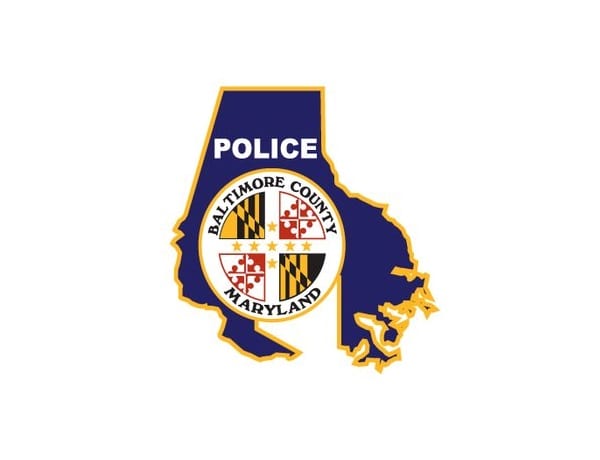TOWSON, MD—The Baltimore County Council on Monday night passed the SMART Policing Act by a vote a 6 to 1.
The Strengthening Modernization, Accountability, Reform, and Transparency (SMART) Policing Act is a comprehensive package of initiatives to improve and modernize policing in Baltimore County while strengthening community relations, according to County Executive Johnny Olszewski, who introduced the legislation in September.
“Today, Baltimore County has taken a critical—and united—next step toward equal justice. The SMART Policing Act will make our police department and our county better for everyone, ” Olszewski said on Monday night. “I’m grateful to my colleagues on the County Council for ensuring bipartisan progress in meeting the challenge that this moment demands. This is not the end, but it is another important step towards a more just and equitable future.”
The SMART Policing Act:
- Modernizes Policing Tactics by:
- Banning the use of all neck restraints, including choke-holds, unless a person’s life is in immediate jeopardy.
- Requiring a policy specifying that officers render aid or call for medical care for any individual in police custody who has an obvious injury or complaint of injury.
- Requiring the Baltimore County Police Department to introduce policy affirming the sanctity of life and the dignity and value of all persons.
- Enhances and Enshrines Reforms on Use of Force by:
- Requiring the Department to introduce policies to limit the use of force.
- Requiring the Department to introduce policy obligating officers to intervene to stop fellow officers from using excessive force and report uses of force.
- Providing protections to prohibit retaliation against those who report misconduct.
- Requiring the Department to implement an early intervention system to provide officers at-risk of engaging in the use of excessive force with additional training or other behavioral interventions.
- Improves Training and Accountability by:
- Barring individuals with prior disciplinary records in other jurisdictions or agencies from serving as a Baltimore County Police Officer.
- Requiring annual training in de-escalation, implicit bias, and the use of force.
- Expands Transparency by:
- Authorizing the Chief of Police to select up to two members of the public to serve on a police hearing board. Due to state law, final approval of the membership is subject to collective bargaining.
- Requiring collection and public access to use of force data and police involved shootings.
“Last night, the Baltimore County Council passed legislation that will strengthen and improve our Baltimore County Police Department,” said Councilman David Marks. “I helped bring the Fraternal Order of Police to the table. That’s what I have tried to do – find common ground on tough issues.”
Do you value local journalism? Support NottinghamMD.com today.

